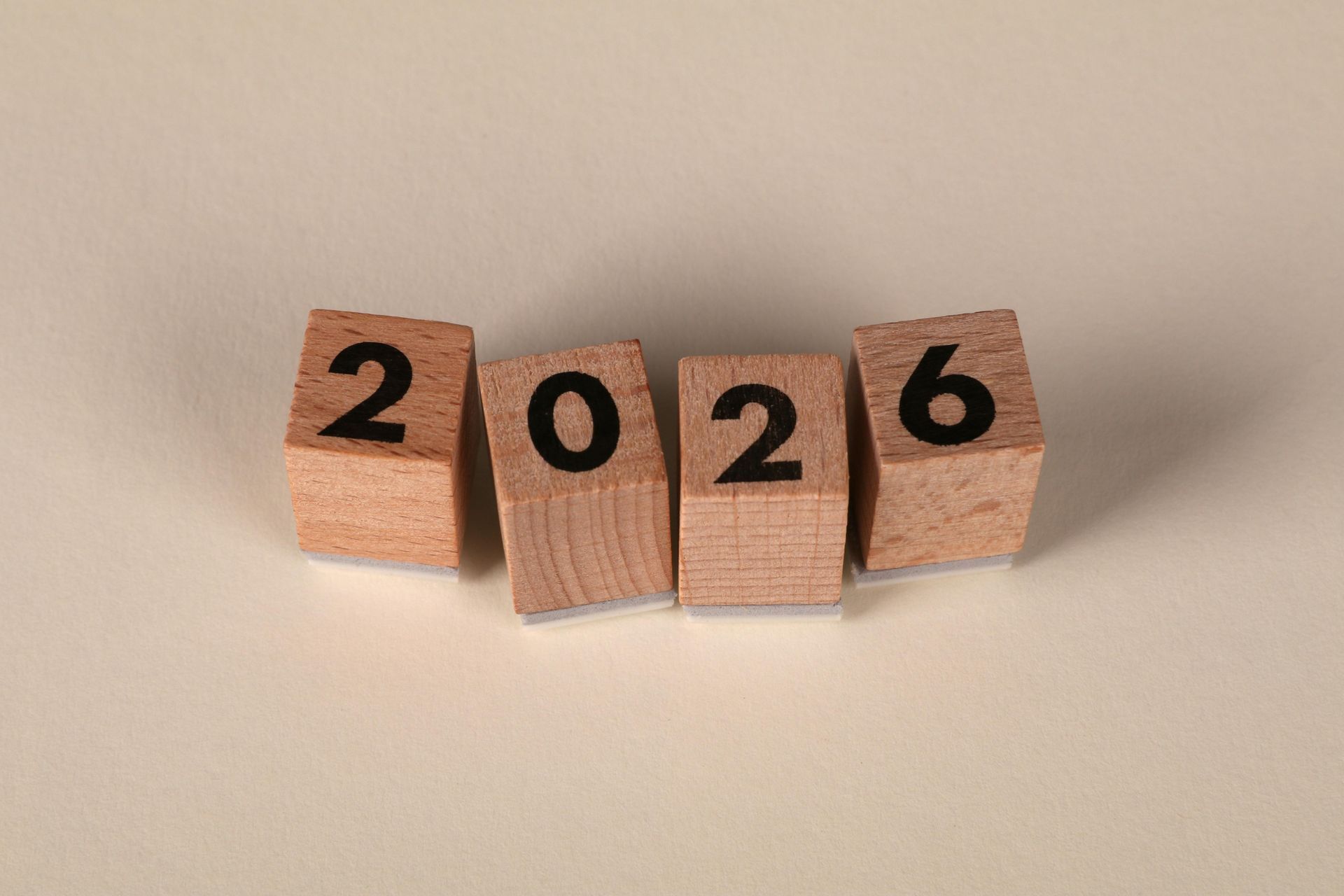Spring Clean Your Mind: Letting Go of Mental Clutter During Stress Awareness Month
With the snow melting and the days getting longer (yay!), many of us feel a natural urge to clean up our homes; sweeping out dust, decluttering closets, and welcoming in fresh air. Spring cleaning is a ritual of renewal, a way of creating space and bringing in light. But have you ever thought about doing the same for your mind?
As April is Stress Awareness Month, it’s a perfect opportunity to check in with yourself—not just physically, but mentally and emotionally. While we often focus on the things we can see and tidy up around the house, the mental and emotional clutter we carry can be just as heavy, if not more so.
What is Mental Clutter, Really?
Mental clutter is all the “stuff” in our minds that distracts us, drains us, or leaves us feeling stuck. It’s the internal noise of unfinished to-do lists, looping worries, self-criticism, unprocessed emotions, or even the pressure to keep it all together.
Some signs of mental clutter might include:
- Feeling overwhelmed or scattered
- Difficulty focusing or making decisions
- Overthinking conversations or past mistakes
- Constant mental to-do lists
- A sense of emotional fatigue—even when you’ve had “down time”
If any of this feels familiar, you’re not alone. We all accumulate mental clutter from time to time, especially during stressful periods or when life feels busy and nonstop.
The Connection Between Mental Clutter and Stress
When our minds are full of disorganized thoughts, worries, and unresolved emotions, it keeps our nervous system in a state of high alert. You may not feel “panicked” per se, but your body might be operating as if there’s a low-level emergency all the time—what we sometimes call chronic stress.
And the thing about chronic stress is that it’s sneaky. It builds gradually, often without us realizing how much we’re carrying. Over time, it can show up as sleep issues, irritability, burnout, brain fog, or even physical symptoms like headaches or muscle tension.
By bringing awareness to our stress and taking steps to reduce our mental clutter, we give ourselves space to breathe, focus, and feel more grounded.
5 Ways to Spring Clean Your Mind
Just like physical clutter, mental clutter doesn’t go away on its own. The good news? You don’t have to overhaul your entire life to make a meaningful shift. Here are five approachable ways to clear some space in your mind this spring:
Name What’s Taking Up Mental Space
Start with some honest reflection. What’s been on your mind lately? What’s bothering you beneath the surface? This might be anything from work deadlines to emotional pain you haven’t had time to process. Try writing it all down without editing or judging. Sometimes simply naming what’s there helps you feel more in control.
Try a Daily “Brain Dump”
At the end of the day, give yourself 5–10 minutes to unload whatever’s lingering in your mind—things you need to remember, thoughts you’re ruminating on, or feelings you haven’t addressed. Writing this down helps your brain feel like it can pause, knowing nothing important is being forgotten. It’s a small practice with a big calming effect.
Cut Down on Mental “Noise”
In today’s world, we’re constantly consuming information—news, emails, social media, podcasts. It adds up quickly. Try setting gentle limits on screen time or giving yourself “quiet hours” where you step away from digital inputs. Even small shifts, like muting notifications or taking a social media break, can reduce background stress.
Challenge the Inner Critic
Mental clutter isn’t just about tasks and worries—it can also include the unkind voice in your head. Notice when you’re being self-critical or catastrophizing (e.g., “I always mess this up,” “What if everything goes wrong?”). When you catch these thoughts, try gently questioning them. Ask: Is this true? Is this helpful? What would I say to a friend in this situation?
Make Room for Stillness
It doesn’t have to be a long meditation or fancy mindfulness practice. It could be as simple as pausing for a deep breath, sitting outside for a few minutes, or sipping your coffee without scrolling. These micro-moments of stillness help reset your nervous system and allow your mind to catch its breath.
When You Need More Than a Reset
If you’ve been feeling mentally cluttered for a while and can’t seem to find relief, it might be time to talk to someone. Therapy offers a space to sort through what’s been building up, explore the deeper sources of stress, and develop strategies that support your mental well-being in a sustainable way.
Think of therapy like mental spring cleaning with guidance—it’s not about being perfect or “fixing” everything. It’s about giving yourself the time and space to clear out what’s not serving you and make room for clarity, connection, and calm.
Feeling Ready to Clear Some Space?
If this post resonated with you, let's talk. Therapy can be a valuable space to slow down, sort through what’s on your mind, and find practical ways to manage stress with more ease. If you’re feeling mentally cluttered or simply ready for a fresh start, I invite you to reach out.
Schedule a free consultation to explore whether therapy might be a good fit for you!
SHARE THIS POST:
OUR RECENT POSTS:
Reclaim Your Peace of Mind
Book your free consultation now and discover the support you deserve.







